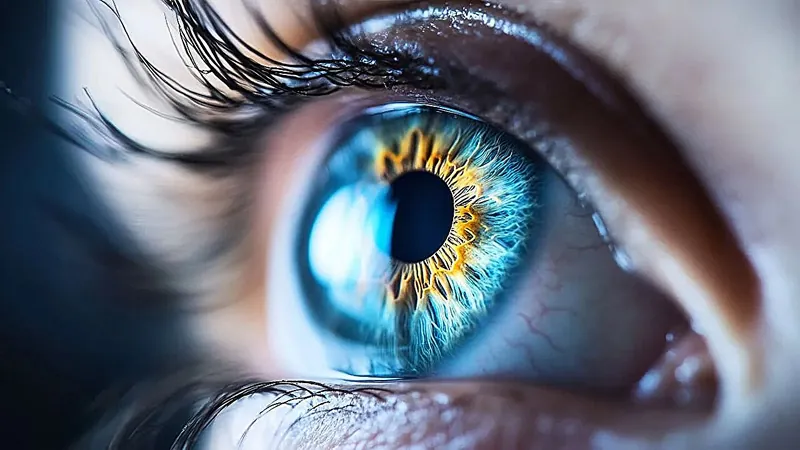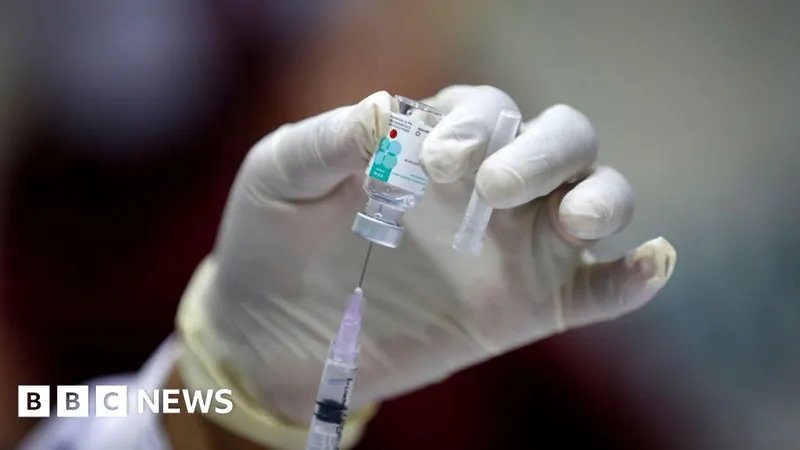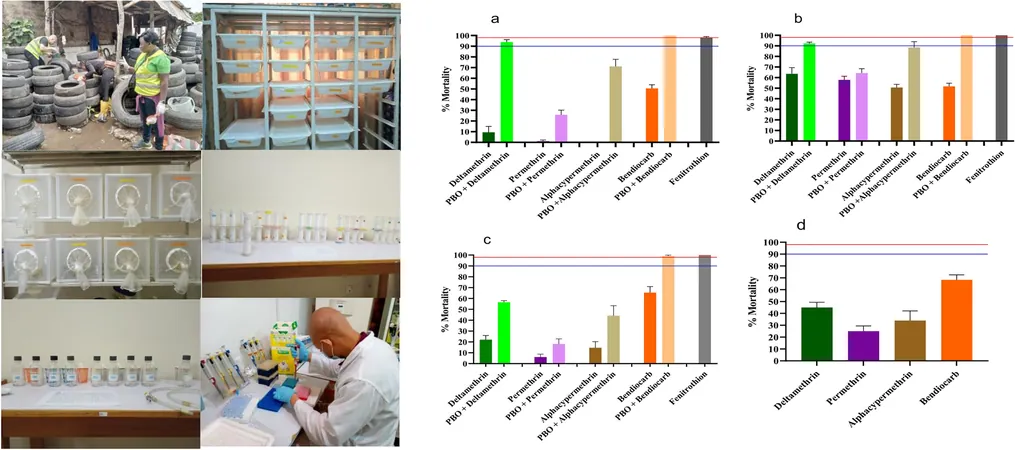
Warning: NRTIs Could Increase Your Glaucoma Risk!
2025-07-08
Author: Li
New Study Links NRTI Use to Higher Glaucoma Risk
A groundbreaking study has revealed that using nucleoside and nucleotide reverse transcriptase inhibitors (NRTIs) may significantly elevate the risk of developing primary open-angle glaucoma (POAG). Published in Ophthalmology on June 20, this research is raising alarms for those on NRTI therapy.
The Research Breakdown
Led by Kenneth Pham from the University of Pennsylvania, this extensive retrospective cohort study examined the health data of over 305,000 adults aged 40 and older. The research utilized the National Institutes of Health All of Us dataset, forming a meticulous comparison of individuals who used NRTIs against those who did not.
The findings were striking: the occurrence of POAG was reported at 4.32% among NRTI users, compared to just 2.00% in the matched control group. This means that users of NRTIs faced a more than double risk of developing this serious eye condition, with an odds ratio of 2.21.
Statistical Insights and Implications
Even after accounting for factors like family history of POAG, HIV status, and hepatitis B, NRTI users still showed a heightened risk with an odds ratio of 1.84. Additional adjustments for self-reported eye doctor visits revealed an even greater odds ratio of 2.30.
What Does This Mean for Patients?
While the research points to an alarming connection, the authors suggest that higher rates of glaucoma among NRTI users may not solely stem from the frequency of eye examinations. They conducted extensive analyses, finding no significant link between NRTI use and other eye conditions like cataracts or angle-closure glaucoma.
In light of these findings, it's essential for healthcare providers and patients to remain vigilant and proactive about eye health, particularly for those on NRTI therapy. Regular eye check-ups and discussions about potential risks could be crucial in preventing severe complications.
Stay Informed!
As more research unfolds, staying informed about the impacts of medications on overall health is vital. If you or someone you know is using NRTIs, consider discussing this study with a healthcare professional to ensure comprehensive monitoring and care for your eye health.


 Brasil (PT)
Brasil (PT)
 Canada (EN)
Canada (EN)
 Chile (ES)
Chile (ES)
 Česko (CS)
Česko (CS)
 대한민국 (KO)
대한민국 (KO)
 España (ES)
España (ES)
 France (FR)
France (FR)
 Hong Kong (EN)
Hong Kong (EN)
 Italia (IT)
Italia (IT)
 日本 (JA)
日本 (JA)
 Magyarország (HU)
Magyarország (HU)
 Norge (NO)
Norge (NO)
 Polska (PL)
Polska (PL)
 Schweiz (DE)
Schweiz (DE)
 Singapore (EN)
Singapore (EN)
 Sverige (SV)
Sverige (SV)
 Suomi (FI)
Suomi (FI)
 Türkiye (TR)
Türkiye (TR)
 الإمارات العربية المتحدة (AR)
الإمارات العربية المتحدة (AR)